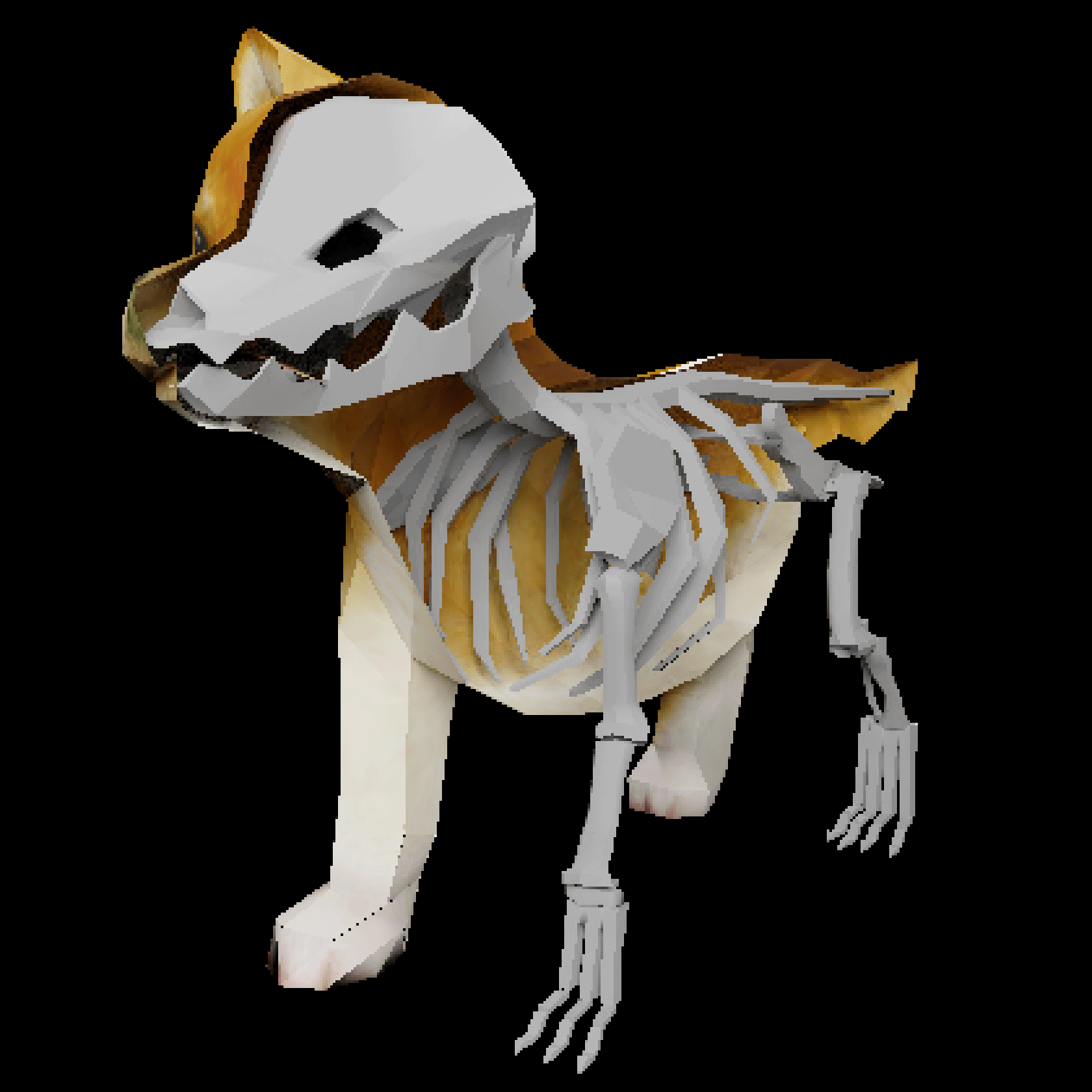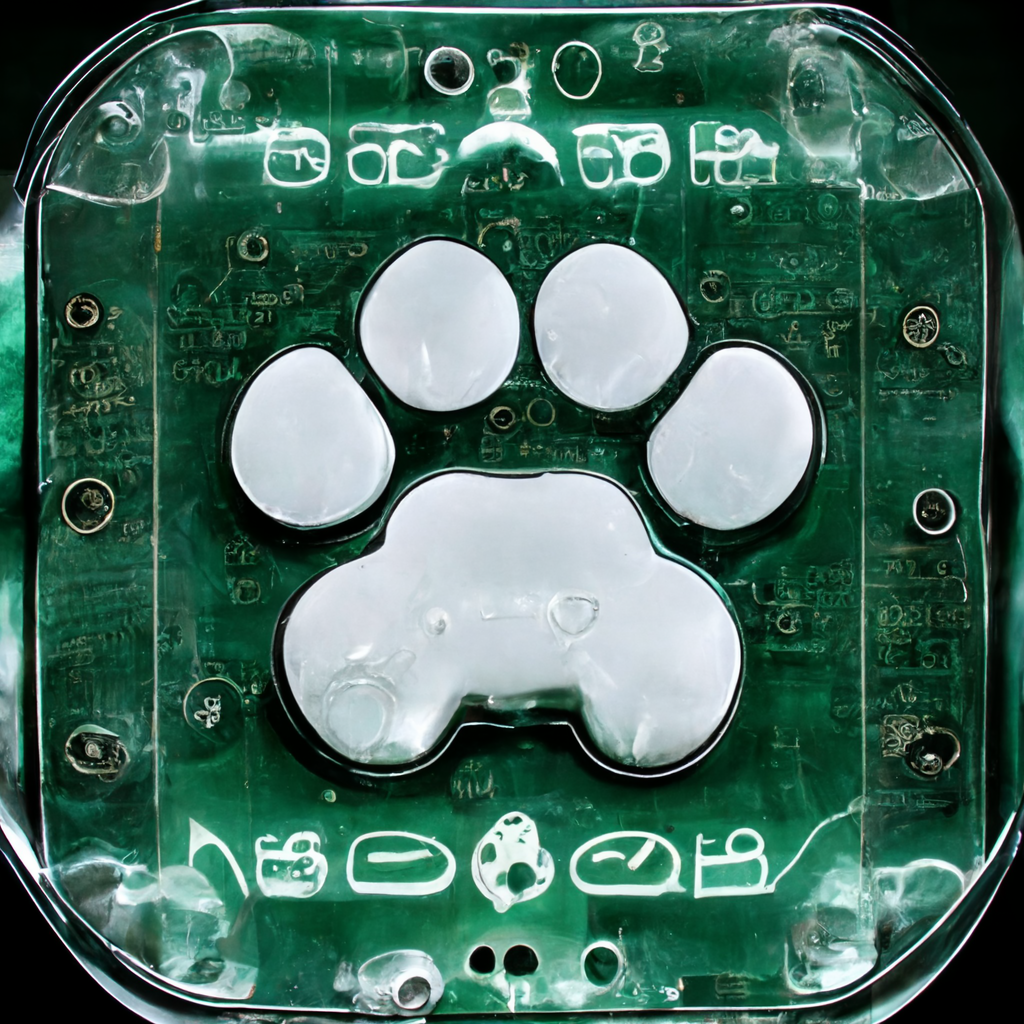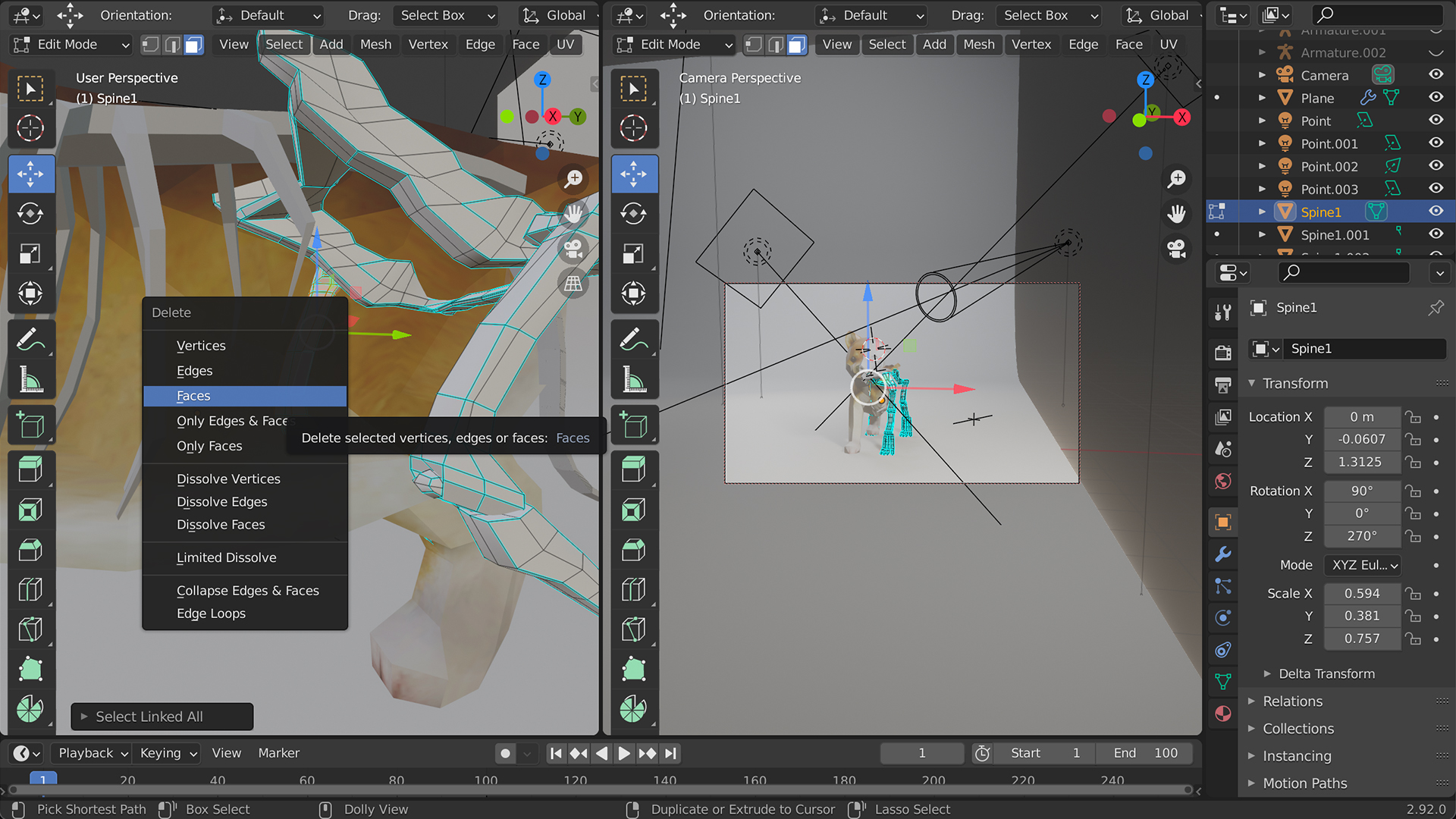Daisy’s Anatomy is about revisiting the simulations that had been integral to our upbringing and interrogating them with adult eyes. In our investigation of Nintendogs (2005), we began to ask ourselves how we got so absorbed into a world that wasn't real.
Nintendogs was a pet simulation game released in 2005 to promote the Nintendo DS Console. When reflecting on our childhood experience with the game, we remembered how emotionally attached we were to these virtual "pets". Even though we were aware that these dogs were digital, our engagement with this simulation repeatedly blurred the line between what was real and what was artificial. As a result, simulations were as relevant to our lived experience as anything in the physical world.
Nintendogs was a pet simulation game released in 2005 to promote the Nintendo DS Console. When reflecting on our childhood experience with the game, we remembered how emotionally attached we were to these virtual "pets". Even though we were aware that these dogs were digital, our engagement with this simulation repeatedly blurred the line between what was real and what was artificial. As a result, simulations were as relevant to our lived experience as anything in the physical world.




By taking control of the original game assets, we broke through the illusion that we had been under as kids. With the models that we extracted from Nintendogs, we were able to warp, destroy and customise them to our heart’s content. By taking control of the original game assets, we broke through the illusion that we had been under as kids. This change in ourselves influenced how we wanted the audience to develop their awareness of simulated worlds.
We dissected our original gaming experience and used it to create new work that helps bridge the gap between consumer and producer.
We dissected our original gaming experience and used it to create new work that helps bridge the gap between consumer and producer.

Literacy Of Simulations
Empowering an audience isn’t just about giving them tools, it’s also about developing their awareness of how what they consume leads and misleads them. We are posing a question to the audience about their passive content consumption through the use of uncanniness (a strange and anxious feeling created by familiar objects in unfamiliar contexts). The aim of our work is to facilitate the emergence of an informed, active and involved consumer that can build upon the existing culture.
By appropriating 3D models that were ripped from Nintendogs, we created a completely new piece of work that classifies as "parody" under fair use copyright law. Seeing artwork that breaks our preconceived notions about how an audience can interact with popular culture is important for our collective emancipation from the consumer brainwashing that we've been suspected to since we were kids.
Modding Workshop Proposal
We are proposing a modding workshop at the end of our video experience. The video follows our personal journey from passive consumers to actively engaged creators who have control over the models from the game. Our audience follows a similar journey and completes the experience by customising a Nintendog skin and uploading their version of the reconstructed Daisy back into the game.
Our design decisions were informed by the fact that most people only interact with a game and its characters from a perspective that has been designed for them. We became interested in what would happen when an audience was allowed to engage from a perspective that breaks the game. Modding is a prime example of user-driven digital content creation that bestows consumers with powers similar to the original producer.
We don’t want our audience to just passively watch and leave unchanged, we want to give them the opportunity to claim ownership over the whole experience.